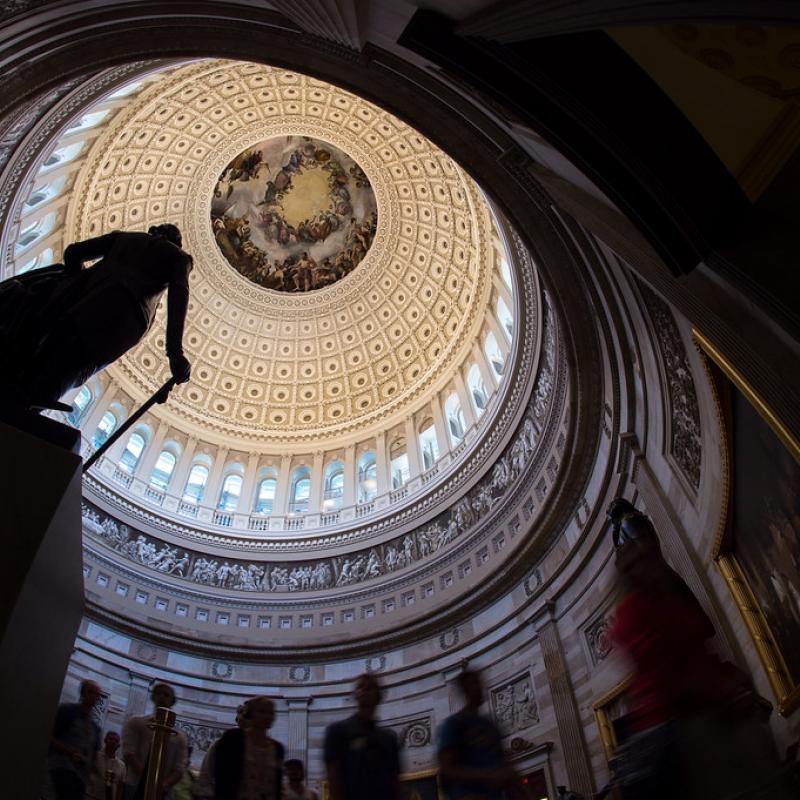Following the passage of an $8 billion package earlier in the month, Congress just passed a second emergency bill aimed at addressing the economic impacts of COVID-19.
This legislation—the Families First Coronavirus Response Act (H.R. 6201)—is an important step, and you can read our full analysis of it here. But it did not go far enough. As legislators quickly negotiate a third, more expansive package, Congress must do more to prioritize vulnerable and low-income communities.
Congress must do more to prioritize vulnerable and low-income communities.
This new rapidly moving package will likely be close to $1 trillion. There will be a lot of pressure to help businesses and certain industries. But we must ensure that Congress protects the individuals and communities that need assistance most. Here is what the next package must include:
- Full federal Medicaid funding for states. While some funding was included in H.R. 6201, it isn’t nearly enough to cover the spike in need. Many states can’t run deficits and their resources will be significantly stretched.
- Direct cash assistance for low- and moderate-income individuals. These checks must be fully refundable so that struggling individuals without any income can still claim the credit.
- Expansion of the Earned Income Tax Credit and the Child Tax Credit to include more low-income households as a step to effectively boost the economy.
- Work-sharing provisions. This would allow businesses to cut hours and provide employees with additional compensation via unemployment insurance instead of implementing layoffs.
- Homelessness assistance funding. H.R. 6201 included no provisions to assist people facing homelessness. We call on Congress to increase funding for McKinney-Vento grants and the Disaster Housing Assistance Program to reduce the number of people living in homeless encampments.
- Boost nutrition assistance for all families receiving SNAP to effectively stimulate the economy and reduce hunger. H.R. 6201 only provided limited nutrition assistance, and more is needed.
- Free access to testing and treatment for incarcerated individuals. Incarcerated individuals are at particular risk of COVID-19. Ensuring free access to testing, treatment, and sanitary conditions is imperative.
- Expand and modernize Unemployment Insurance to provide higher benefits, account for the changing workforce (such as the gig economy), and cover workers who may lose their jobs or face new caregiving responsibilities due to the virus.
Negotiations on this third package are moving very quickly. We need you to reach out to your members of Congress and urge them to prioritize assistance for those who need it most.
Time is of the essence. Congress has a moral obligation to act as soon as it can to help protect the most vulnerable from the economic impacts of this outbreak.


